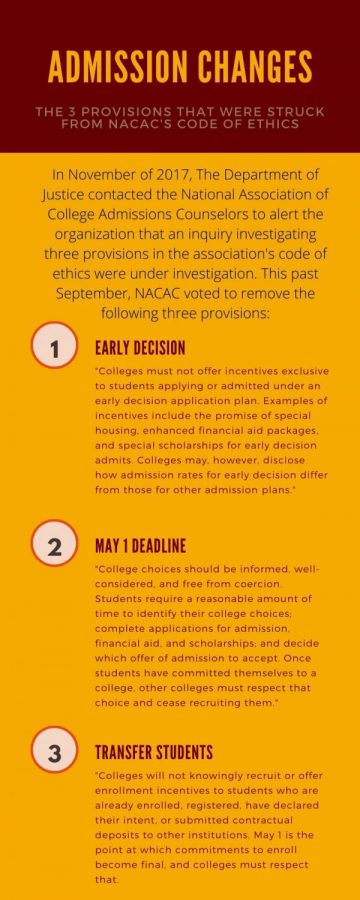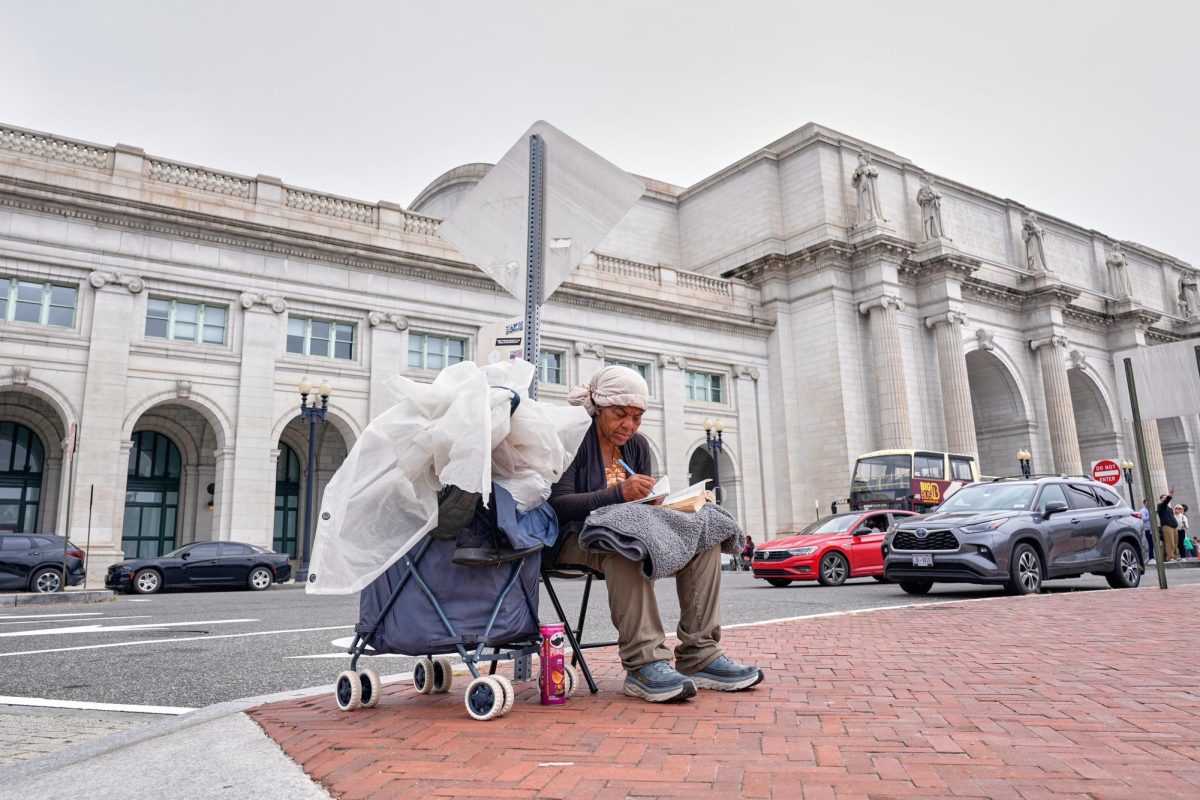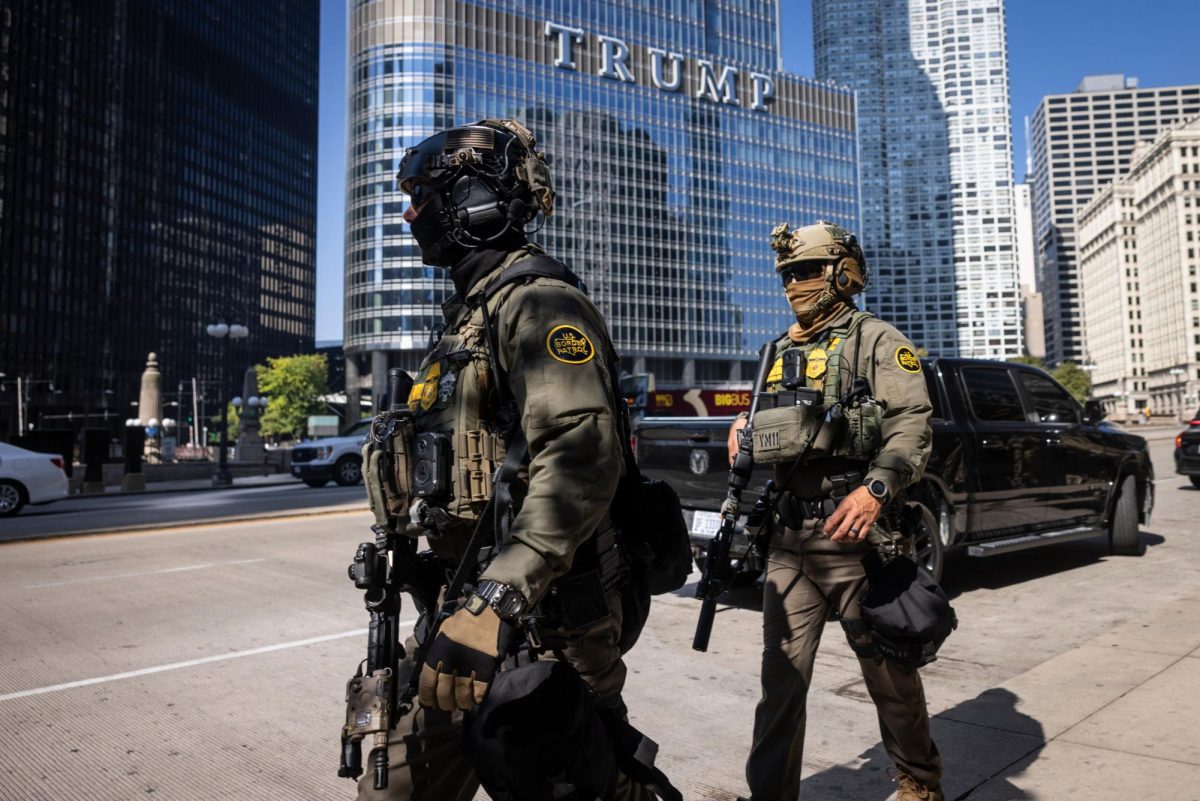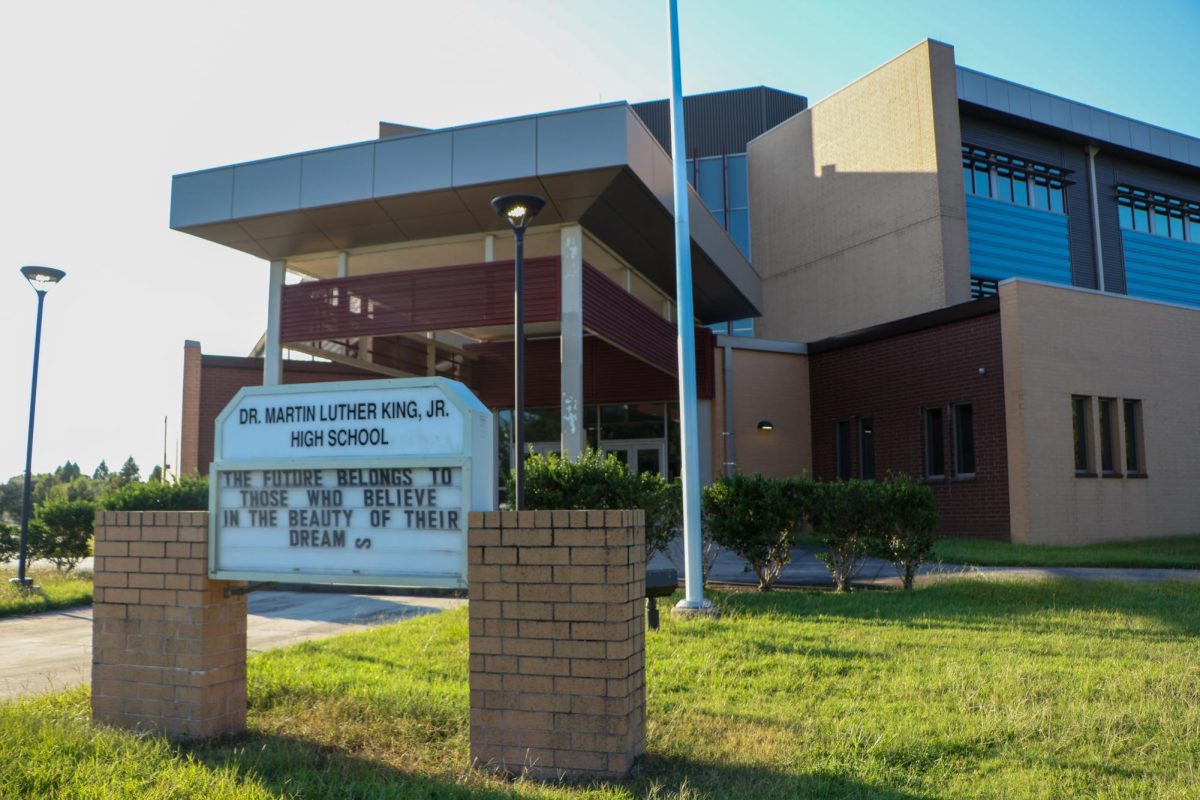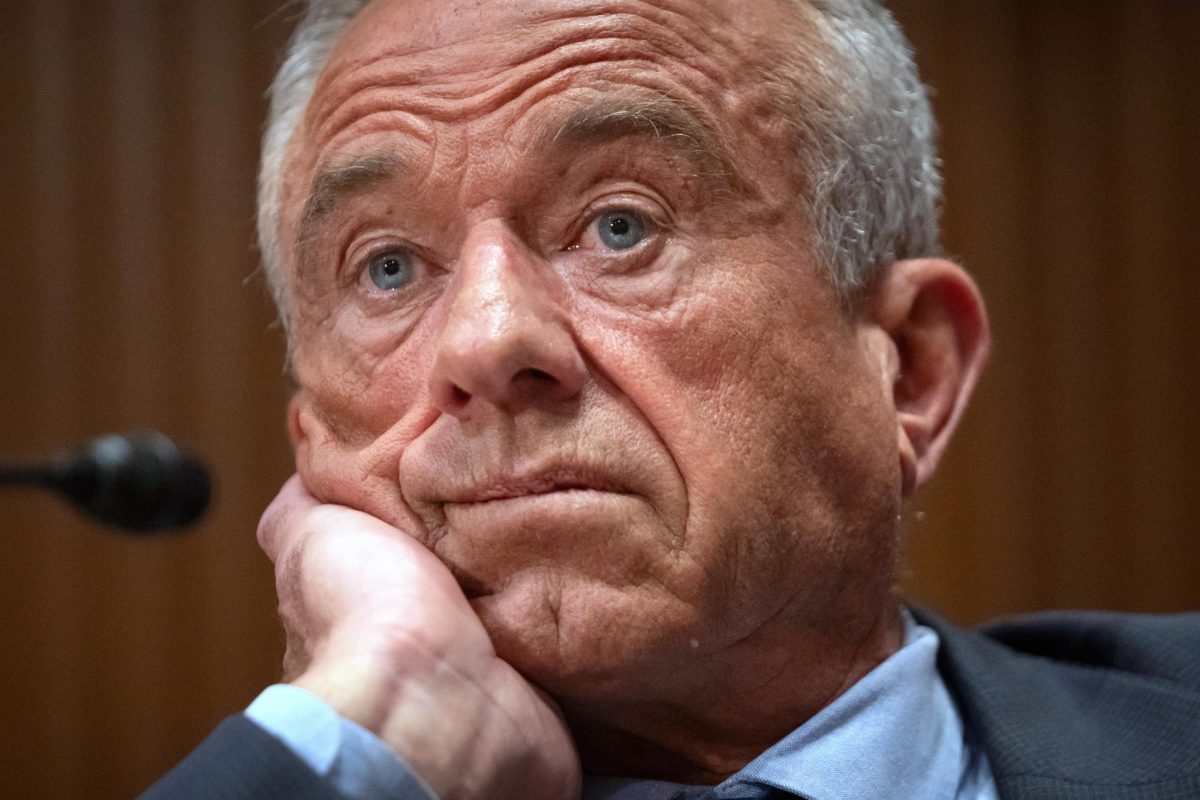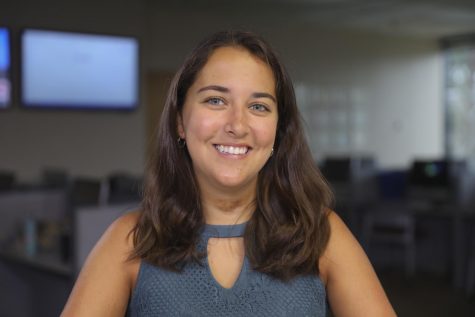Recruiting college students is about to get a whole lot more complicated.
That’s because government watchdogs began to suspect colleges were violating student choice rights, and in response, the group that oversees college recruiters’ ethics nationwide has made some major changes to their rules.
Now, some in higher education are worried these changes will usher in a chaotic era of college admissions.
Earlier this fall, the National Association of College Admissions Counselors voted almost unanimously to strike three long-time rules from the organization’s code of ethics due to the impending Department of Justice investigation.
The association’s delegates voted 211-3 to remove provisions that:
- Forbid exclusive incentives offered to students who apply early decision
- Forbid universities from contacting committed students after the May 1 deadline;
- Forbid contact with previous transfer applicants
According to Jayne Fonash, the association’s president, the DOJ alerted the organization in November of 2017 that they were conducting an investigation into whether the recruiting rules were a violation of antitrust laws, specifically singling out the three rules as areas of concern.
Fonash said the changes to the code of ethics were made in order to preserve and protect the association amid the investigation.
“I think that the majority of our members would tell you that those provisions were in place to protect students,” Fonash said, although she admitted that individual members could have different opinions.
The inquiry is ongoing, but Fonash is hopeful for a resolution soon. She said it is likely that even after a decision is made, the organization would continue to be monitored by the DOJ to make sure they abide by their new document.
“We are at a point now that we are hopeful that the steps we’ve taken to remove these three provisions that they’ve identified, will lead us to some kind of resolution.”
Fonash said she was initially taken aback by the DOJ’s inquiry, as two of the three rules in question had been standard practice for many years. Only the provision regarding transfer students had been strengthened in recent years.
“It was surprising for me that a solid, long-standing ethics document for professional practice was being questioned, when in my mind, it affords protection for students as well as institutions,” she said.
The DOJ had not returned comment at the time of publication.
Amid the national changes, Harvey Werner, director of undergraduate admissions, said Loyola’s admissions process may not significantly change.
Loyola does not offer early decision and Werner said the admissions team has not had any discussion regarding changes in their approach regarding contacting students after the May 1 deadline.
However, other colleges will be able to reach out to students who have committed to Loyola. Werner said Loyola’s plan is to continue placing an emphasis on improving the things they already do and working with a counselor advisory board, made up of key high school counselors across the country.
“We are going to continue our commitment to providing the best customer service possible when engaging with prospective students and families and are remaining committed to offering competitive financial aid packages,” Werner said.
He added that Loyola admissions counselors are anticipating that most institutions will continue to adhere to the previous provisions during this first year, but said it is likely that eventually, other institutions will likely make an effort to actively recruit committed students.
Based on Fall 2018 National Student Clearinghouse data, Werner said the top 10 institutions where students who submitted an application to Loyola New Orleans ended up enrolling were:
- Louisiana State University
- University of New Orleans
- Xavier University of Louisiana
- Tulane University
- University of Louisiana at Lafayette
- Florida State University
- Florida International University
- Belmont University
- Loyola University Chicago
- University of Florida
Following the May 1 national deadline, Werner said any outreach to remaining students is only done to secure confirmation of plans. If the student says that they have committed elsewhere, Loyola will withdraw their application. If a student has not committed elsewhere, counselors will continue to work with that student until they confirm a decision. They will also still work with students who initiate contact with Loyola, regardless of their commitment elsewhere.
“This doesn’t really differ from our practice prior to this year,” Werner said.
Despite what she sees as necessary changes, Fonash said the national association hopes that member universities and counselors will continue to place students’ best interests first.
“I think the feedback I have heard from our members is that they understand the requirement to abide by a new document, but they are hopeful that members will continue to place the best interests of students first, as much as they can while dealing with these institutional goals that they may be presented with by their colleges and universities,” Fonash said.
As for the long-term implications, Fonash is most concerned about low income students who may not have the high school counseling resources necessary to make academically and financially smart decisions without the protective rules.
Still, Fonash believes that the association of college counselors will continue to lend a helping hand to universities.
“Even with the changes … I believe that we can continue to be a trusted voice for ethical behavior in college admissions and provide protections especially for underrepresented students,” Fonash said.


